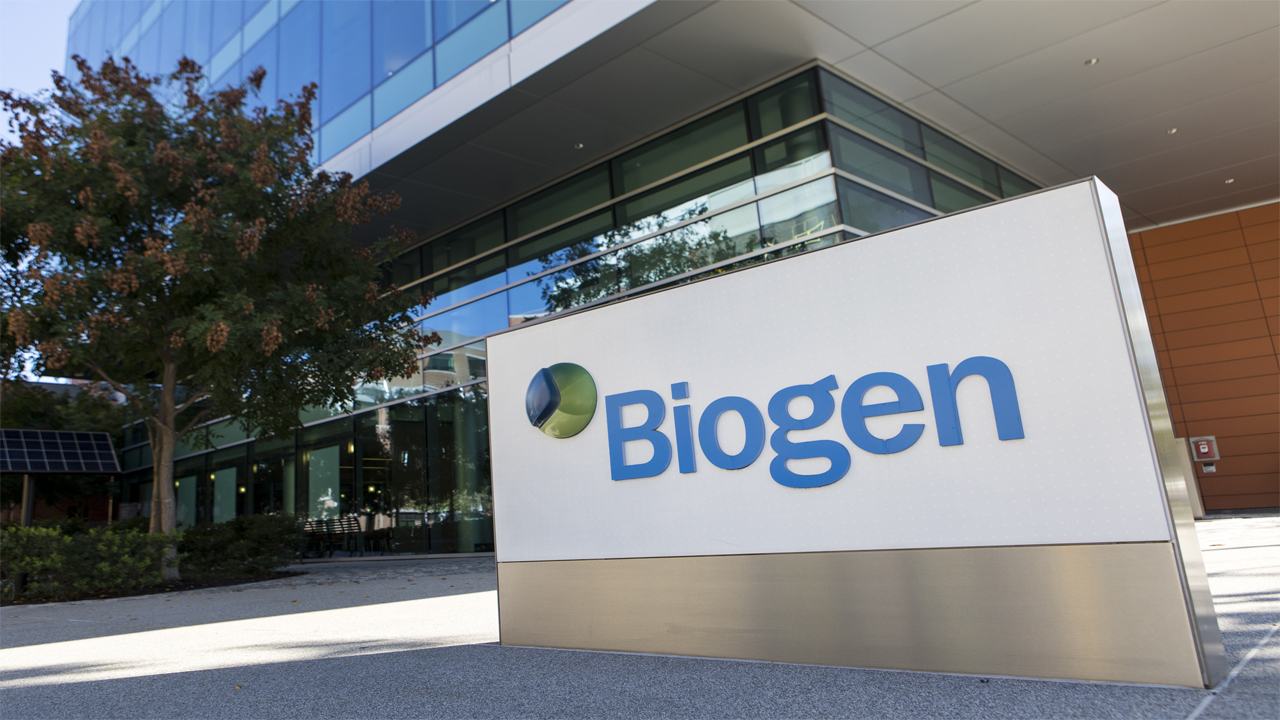ISD Immunotech, which is developing targeted therapies for severe autoimmune diseases, announces it has entered into a strategic research collaboration with Biogen Inc., Cambridge, MA, USA .
ISD and Biogen will work together to develop ISD's lead compound, ISD 017, which is being developed to treat severe lupus - systemic lupus erythematosus (SLE). Severe lupus is an autoimmune disease that can damage many parts of the body, including the joints, skin, kidneys, heart, lungs, blood vessels and brain, which if left untreated can lead to kidney failure and cardiovascular mortality. There are up to 1.5 million people in the US alone with lupus. ISD 017 is a proprietary and novel peptide therapeutic which is an inhibitor of the stimulator of interferon genes (STING) pathway. The STING pathway has recently been shown to play a central role and to be overactivated in severe lupus, a condition with a highly underserved patient population.
Novo Seeds, the early stage investment and company creation arm of Novo Holdings, has provided additional funding to accelerate development of ISD0 017. Jeroen Bakker from Novo Seeds will join the Board.
"We are pleased that Biogen, a leader in drug development has selected ISD Immunotech as its collaboration partner. With its recent positive Phase 2 study results for CLE and SLE, Biogen's interests and competencies complement ISD Immunotech's areas of expertise in lupus, STING biology and peptide drug development," said Tara Heitner, CEO of ISD Immunotech. "This collaboration underscores the quality of our therapeutic program and recognizes the importance of STING pathway overactivation in severe SLE. Together with Biogen, we aim to deliver one of the first new therapies to treat severe SLE in over 50 years."
Jeroen Bakker, Principal at Novo Seeds, commented: "ISD Immunotech is an excellent example of our strategy to support and build high-potential companies founded on world class science in the Nordics. ISD has identified a novel STING pathway inhibitor which is highly differentiated from other programs in development. Based on promising preclinical data we believe this therapy can address an underserved population of severe SLE patients. We are pleased that ISD has attracted Biogen as a strategic collaboration partner and see this as further validation of ISD's novel approach to treating severe SLE. We look forward to the ongoing collaboration with ISD and Biogen."
STING (stimulator of interferon genes) is a key mediator of innate immunity and the STING pathway has been shown to be overactivated in severe SLE and a central mediator of all downstream events leading to disease symptoms. When overstimulated, as in the case of severe SLE, STING induces the expression of type I interferon and other pro-inflammatory cytokines which activate immune cells leading to severe organ damage complications.

 ISD and Biogen will work together to develop ISD's lead compound, ISD 017, which is being developed to treat severe lupus - systemic lupus erythematosus (SLE)
ISD and Biogen will work together to develop ISD's lead compound, ISD 017, which is being developed to treat severe lupus - systemic lupus erythematosus (SLE)










.jpeg)











.jpg)








